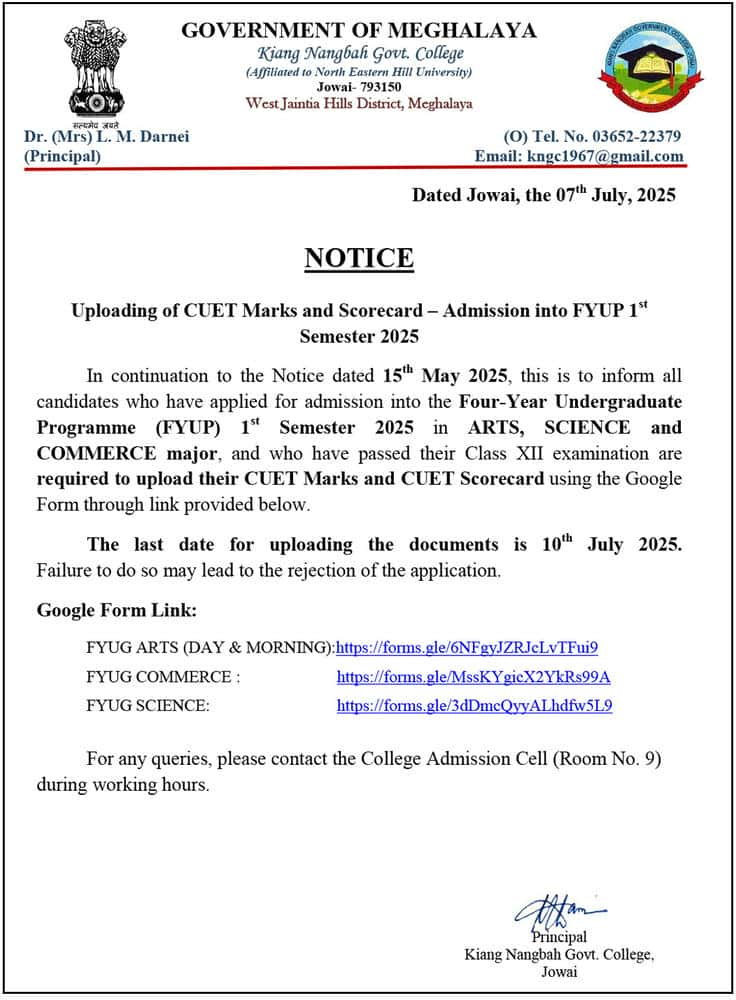KSU questions usage of RDT kits, suggest measures to prevent COVID-19 spread

The Khasi Students Union (KSU) has questioned the decision of the Meghalaya government to continue using the rapid diagnostic test (RDT) kits for screening of returnees to the state for coronavirus.
In its letter to the Chief Minister Conrad K Sangma on Monday, the Union has demanded the state government to consider using Reverse transcription polymerase chain reaction (RT-PCR) for all returnees especially those coming from red zones at the entry points.

“The Indian Council of Medical Research (ICMR) already recalled RDT kits due to poor accuracy, why the state government of Meghalaya continued using these kits is questionable,” KSU Delhi Unit president Marbiang Khongwir said in the letter.
She pointed out that the RDT kits are used only to assess the true prevalence of disease for epidemiological purpose and not as a first line screening test.

“It requires the production of antibodies (IgM,IgG) specific for SARS COV-2. IgM signifies acute infection whereas IgG means that the patient was having chronic/past infection. IgM usually starts appearing in the blood only 7-10 days after the patient is infected, so by using the above test you are most likely to miss out on the cases with early infection or asymptomatic infected cases.
Antibody production by the body also depends on the persons age, nutrition and immune system activity. So in a person with poor innate immunity the production of antibodies will be poor and you will miss out on those cases if you use rapid diagnostic test,” Khongwir added.
The KSU has also submitted 7-point suggestions for health check at entry points for consideration by the state government to detect and prevent the second wave outbreak of Covid-19 in the state.
“No Rapid diagnostic test as a screening test. Consider using RT-PCR of nasopharyngeal swab for all returnees especially those coming from red zones if they shows any symptoms of Covid-19,” the union said.
It further suggested the need to sensitise healthcare workers regarding various symptoms of Covid-19 like fever, dry cough, sore throat, breathing difficulty, severe headache, loss of sense of taste and smell, generalised body ache and diarrhoea.
While stressing that all returnees have to strictly follow quarantine protocol at home preferably staying in separate room with minimal contact to other family members, the union also suggested the government to increase the quarantine duration to 28 days from the current 14 days as the standard quarantine duration is double the maximum incubation period (Covid -19 incubation period is 14 days). This is the time for everyone to be extra-vigilant so as not to allow complacency on any level of administration.
The union further asked the government to ensure that the Dorbar Shnong should not discriminate any of the returnees undergoing quarantine.

Leave a Reply